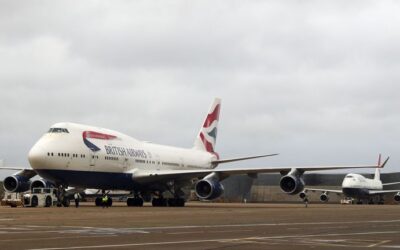HSBC has warned it could start charging for “basic banking services” after reporting a 35% fall in pre-tax profits for the three months to the end of September.
With interest rates so low, Europe’s biggest bank by assets is finding it difficult to charge more for loans than it pays out to depositors.
The bank said it is considering charging for products such as current accounts that customers in Britain are used to having for free.
Chief Financial Officer Ewen Stevenson told Reuters: “We will have to look at charging for basic banking services in some markets, because a large number of our customers in this environment will be losing us money.”
HSBC reported pretax profit of $3.1bn (£2.4bn) for the third quarter, down from $4.8bn (£3.7bn) at the same time last year.
Advertisement
The drop was less than expected and this was attributed to expectations that losses from bad loans would not be quite as bad as forecast and that the bank’s main markets would improve.
Asia-focused HSBC said: “This latest guidance, which continues to be subject to a high degree of uncertainty due to COVID-19 and geopolitical tensions, assumes that the likelihood of further significant deterioration in the current economic outlook is low.”
More from Business
The bank has previously said it will cut costs and downsize, accelerating plans announced earlier this year to cut 35,000 jobs, selling its French business and minimising its presence in the US.
It also plans to reduce costs to $31bn (£24bn) by 2022, well below last year’s operating expenses of $42.3bn (£32bn).
Meanwhile, Spanish bank Santander forecast an improvement in core profits for the year due to better customer behaviour in expired loan payments and more cost savings in Europe.
Presenting the bank’s third quarter results, executive chairman Ana Botin said: “The recovery of our business is progressing well, and the third quarter was significantly stronger than the second.
“Revenues increased 18% in constant euros as activity returned close to pre-pandemic levels.”
The bank has forecast an underlying profit of around €5bn this year, having reported that net profit more than trebled in the third quarter to €1.75bn (£1.6bn) compared to the same time a year ago.
However, in underlying terms, the third quarter net profit fell by 18% due to coronavirus-related provisions.
It comes after a second quarter net loss of €11.1bn (£10bn), also due to coronavirus-related write-downs.









